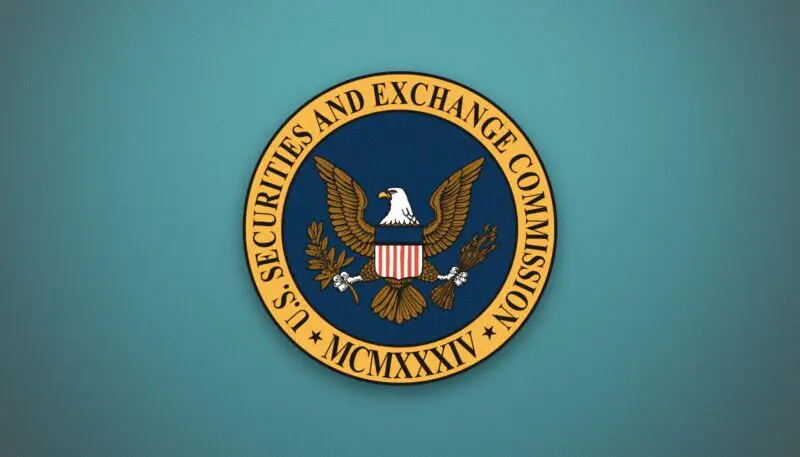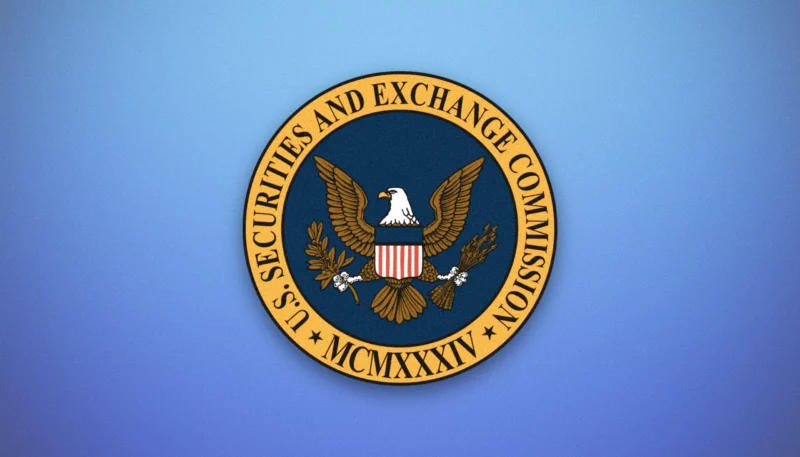
SEC Proposes Overhaul of Cybersecurity Regulations for Private Fund Advisers
On February 9, 2022, the Securities and Exchange Commission (SEC) issued a new proposed rule that would overhaul the cybersecurity regulations for registered investment advisers, registered investment companies, and funds. This post focuses on the provisions that impact private fund advisers.



